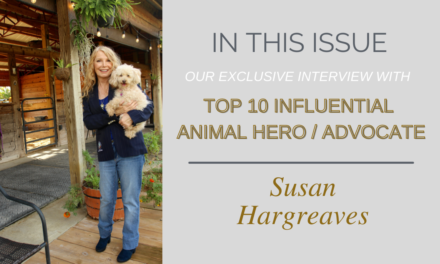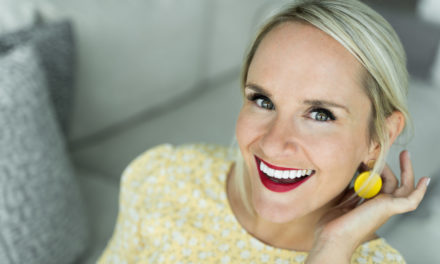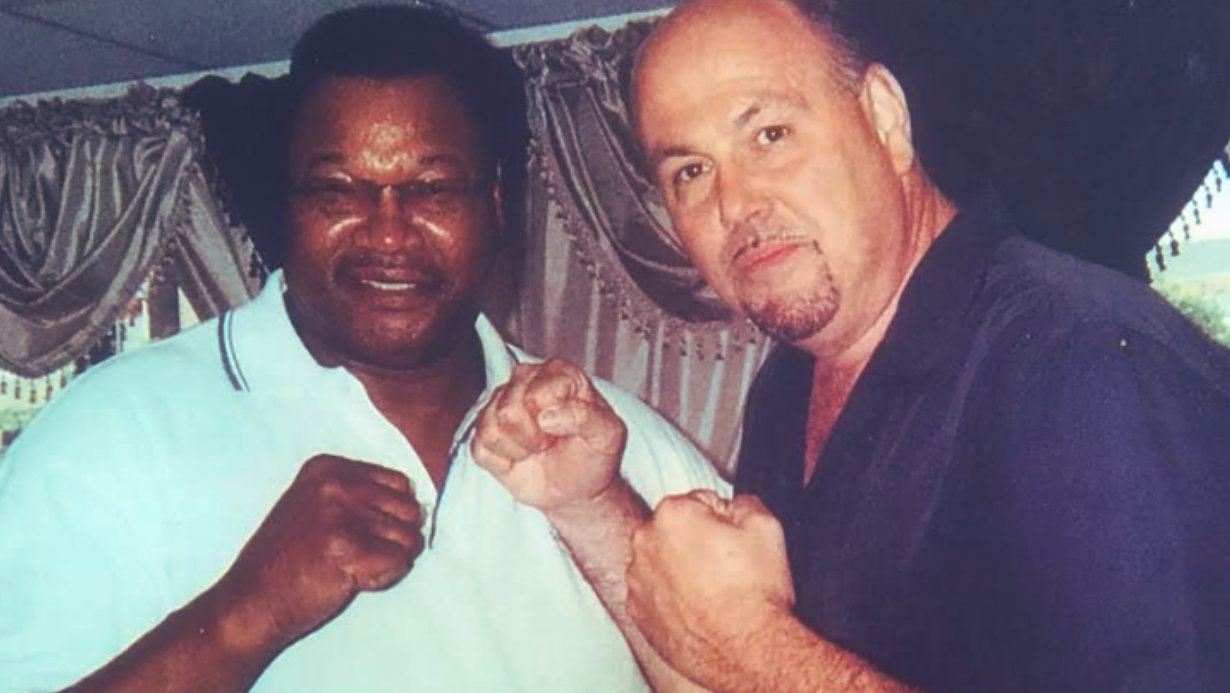Interviewed By: Gitte Randrup
According to the National Household Survey, three out of four teenagers in high school have tried to drink alcohol. Another survey, from the National Center on Addiction and Substance Abuse (CASA) of Columbia University, indicated that three-quarters of the teens who responded said that pictures on social media of young people partying with alcohol or marihuana made them want to do the same. Almost half of them said that pictures promoting parties gave them the impression that the participants were having fun. However, 28-year-old Maria Skardal Jensen from Denmark has chosen not to drink at all.
Show other people you want to socialize
In Denmark, there’s a heavy drinking culture among young people, for example, when they start studying. But what about if, when you start university, you don’t want to use alcohol as a social lubricant at parties? Will you find someone to sit with during lunch? Will you make friends? Jensen thought a lot about these questions, which represent the most difficult things about saying no to alcohol. She observed how her companions used alcohol to overcome their shyness, for example, by playing beer pong. The next day, they would bond over their hangovers and how drunk they had gotten.
When you say no to alcohol, it’s easy to get a reputation as someone who always stays inside doing homework. Consequently, Jensen made sure to participate in pre-parties, parties, and induction events, as she wanted to show that she was interested in her fellow students, even though she didn’t drink. She also took advantage of opportunities to talk to other students at the quieter Friday bars. During breaks, she showed interest in her peers’ lives and didn’t talk about school.

“I was open to the taste of alcohol but got tired of pretending I liked it. So, I could just as well have a soft drink instead of a Breezer or beer,” says Jensen.
Jensen wasn’t always invited to pre-parties. Maybe her companions assumed she wouldn’t want to go, as she didn’t drink. But she was open to going and just having a soft drink. With that in mind, she encourages other young people who don’t drink to make sure their peers know that they’d like to attend pre-parties, or to even invite their fellow students to social events.
The university’s team-building activities for new students made it easier to get to know each other, she says. Jensen mentions a time when each new class had to make a sketch to show the rest of the school. This meant they had to find a subject, write the sketch, and rehearse it.
Know your explanation
Jensen experienced pressure to drink. When she went to the bar with other students and bought a soda, they’d try to convince her to buy alcohol with comments like “Don’t you wanna try…?” But they couldn’t persuade Jensen. When asked why she didn’t want to have a beer, she responded that she didn’t like it. If her peers wondered how she could know that when she hadn’t tasted it, she said that she had already tried beer and didn’t need to try it again. It helped to have a standard response ready when questions were asked.
Over and over, Jensen had to explain her choice not to drink. However, she accepted the fact that other students would inevitably ask about it. She didn’t see it as peer pressure and chose not to be annoyed. “I don’t gain anything by that. I can just as well accept I’m different than the others,” she says.
Stand up for yourself with good friendships
Jensen knows that it’s “extremely difficult” to stand up for yourself and say no to alcohol. She believes that one of the keys to doing it is to have good friends who accept you for who you are. If you’re part of a community where you feel safe, it’s easier to go against the flow. Jensen has had a few close friends who share her interests in playing volleyball, going to amusement parks, or watching a movie with a glass of lemonade.

Gitte Randrup, is the founder of GR Consulting, a Blogger, Business Partner, and Consultant.
GR Consult was founded in 2017 by Gitte Randrup, whose professional background includes HR, organization and management, and languages. Gitte has worked with several HR subjects for larger companies, and her approach is that HR activities should be business-oriented and based on strategy and clients’ requirements.
Gitte’s vision is to bring employers and employees closer and create mutually satisfactory working relationships. Her method is a thorough and quality-full process. She advocates that good working relationship can be created with a few means and can be transferred directly to the bottom line.
Gitte help companies find the right employees and contribute to new hires getting the best possible start in their new workplace in order that they are successful and create value for their new company
Facebook: Gitterandrup
Click Here to View or Buy the Print Magazine












